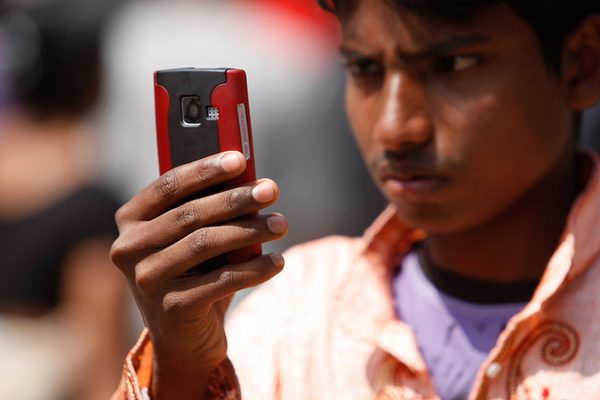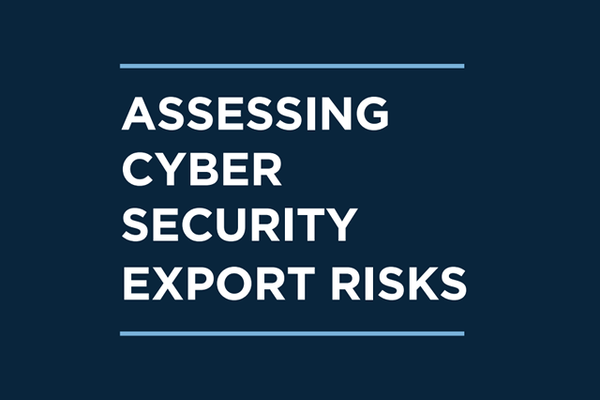Lawful Interception and Government Access to User Data - Designing a Rights-Respecting Model
15 January 2016

State surveillance practices have dominated debates in the Information and Communication Technology (ICT) and human rights space in recent years. At times, it is not an easy debate to follow; the legal frameworks surrounding surveillance are complicated, as are the concepts of lawful interception and communications data.
The Rights-Respecting Model for Lawful Interception and Government Access to User Data presented in this Occasional Paper seeks to set out important principles for each step of developing and implementing a communications surveillance legal framework that protects and respects human rights.
The Model is relevant to any government seeking to put in place or modify its legal framework for lawful interception and government access to user data.
It follows the progression of a government request for communications surveillance, from precursors to a request, the request itself, access to remedy and the opportunity for periodic review of legislation after requests are made. It also outlines the challenges and issues at stake and aims to provide further useful information for governments and other stakeholders involved in reviewing and drafting legislation.




